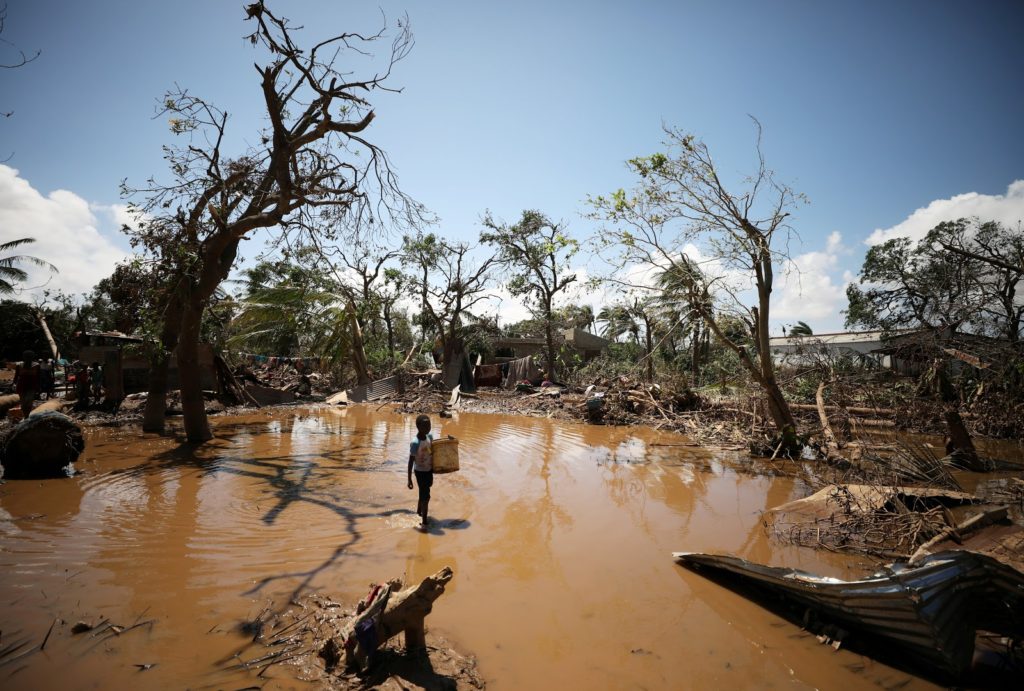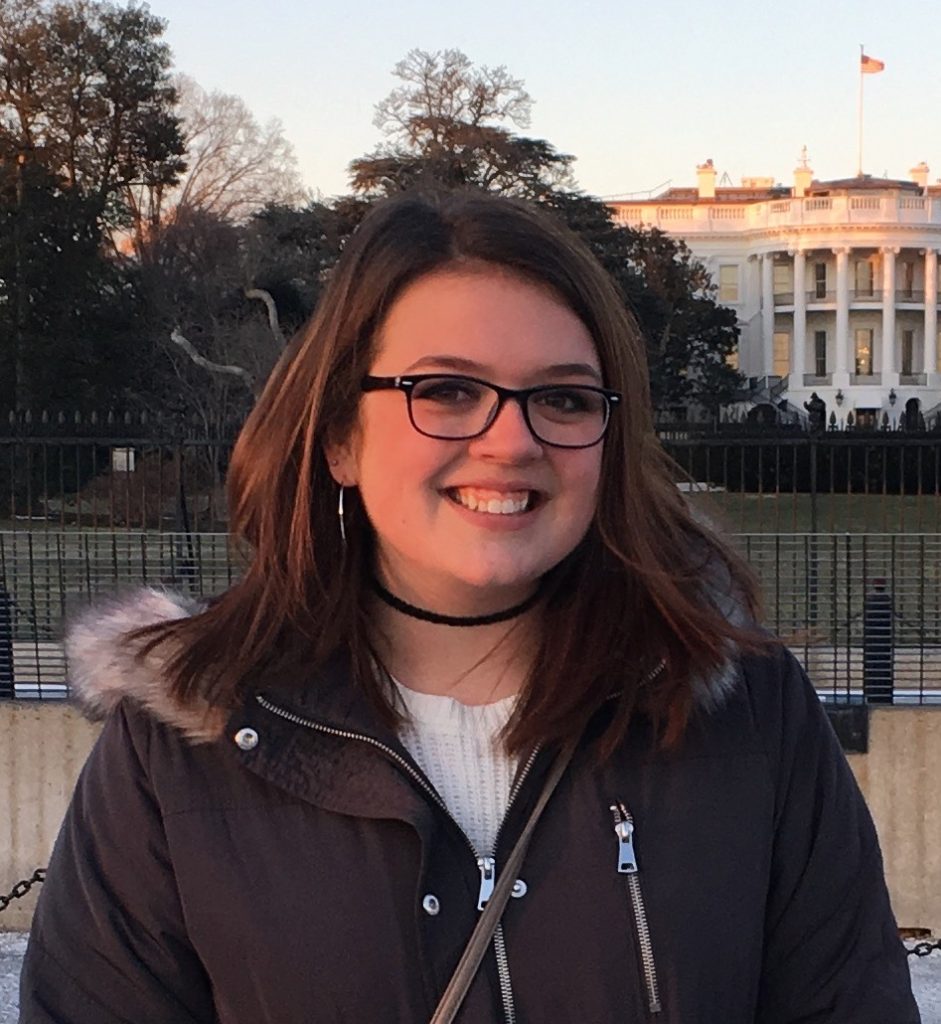
Picture Courtesy of CGTN Africa.
On March 14 and 15 of this year, a powerful tropical cyclone called Cyclone

Overall, about 3 million people have been impacted by this devastating storm. Human Rights Watch has claimed that the death toll has exceeded 500, with some estimates claiming over 800 deaths, more than 146,000 people have been displaced, and thousands of people are missing. Additionally, according to an article by World Vision, the United Nations (UN) claims that $1 billion of infrastructure was destroyed due to flooding, and more than 100,000 homes and 1 million acres of crops have been ruined.
The damages are still being assessed, but the destruction of roads, buildings, and farmland is setting the scene for massive public health crises. The prices of food and basic necessities are likely to increase due to the need to import these items, but the people in affected areas are already living in poverty and will not be able to sustainably afford these goods. Also, with severely damaged infrastructure, access to proper sanitation is lacking in these locations. Water sources have been contaminated with sewage, and stagnant flood water is becoming a breeding ground for disease-carrying mosquitoes.
The contaminated water contains the cholera bacterium and all those who drink are at risk for cholera. According to UNICEF, cholera is a debilitating disease characterized by the onset of diarrhea that leaves victims severely dehydrated due to the loss of fluids and electrolytes. Cholera can kill within hours if not treated, so affordable and accessible treatment is of the utmost importance when trying to control an outbreak. Already, more than 2,400 cases of cholera have been confirmed, but

Healthcare workers in Mozambique working to combat the cholera outbreak.
Photo Courtesy of AfricaNews.
Precautions such as the distribution of mosquito nets are also being taken to prevent malaria and Dengue fever outbreaks. Measles is also a large concern due to the makeshift camps and chronic malnourishment.
Overall, reconstructing the affected regions in Mozambique, Malawi, and Zimbabwe will require time and access to finances, but efforts are being put forth by both local and international organizations and actors to minimize the long-term damages. Even individuals can assist with the efforts to rebuild these regions. This link provides information about how we can all contribute to the survivors of Cyclone Idai.
Cassi Niedziela

Cassi, a staff writer at “In the Zeitgeist,” is a second-year student at NYU who is majoring in Global Public Health & Sociology and minoring in Politics and French Studies. She is originally from Glen Rose, Texas and has studied away in Washington, D.C., Paris, France and Accra, Ghana. She currently interns at the Ghana Coalition of NGOs in Health in Accra, and hopes to pursue a career that focuses on the intersection of public health, politics, and human rights in an international context. Her hobbies and interests include drinking extreme amounts of coffee, avidly following the news, and exploring NYC with her friends.



